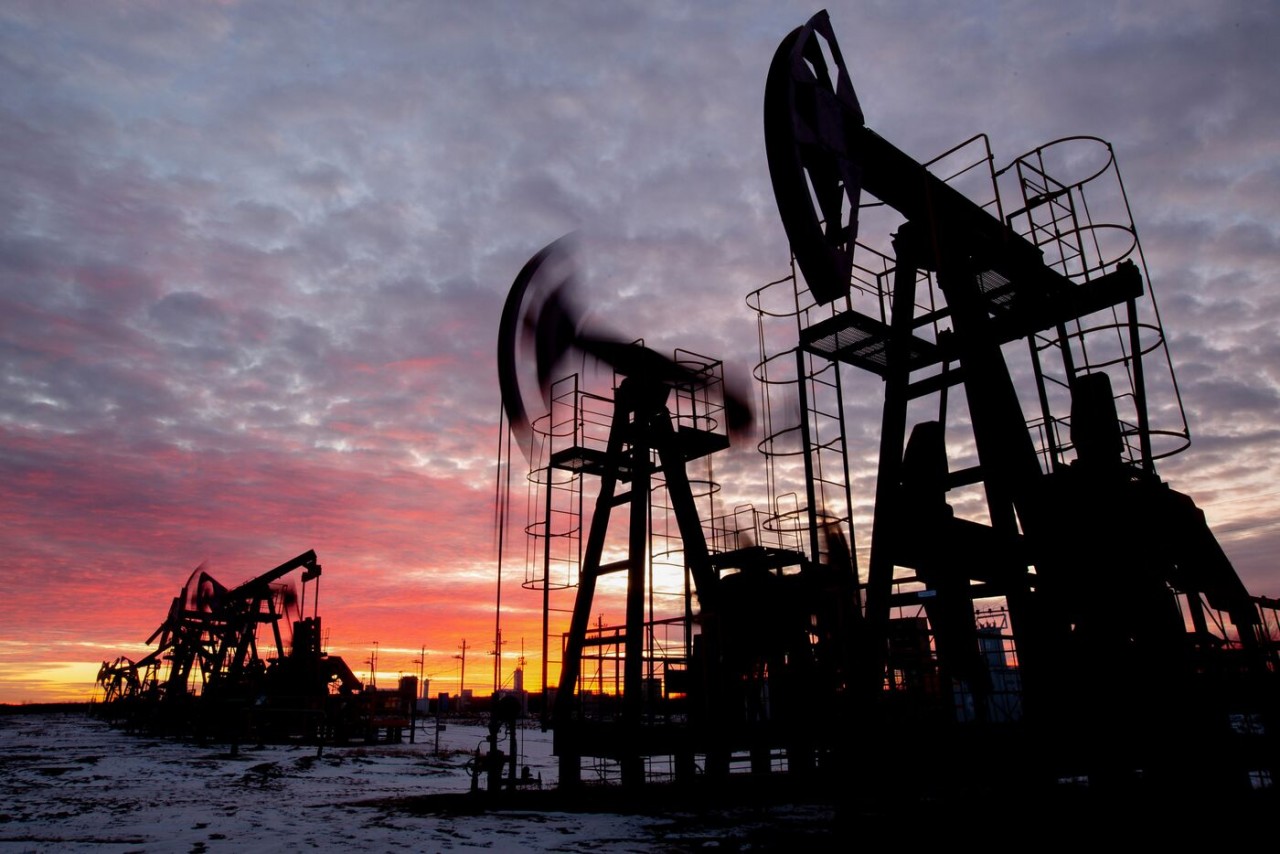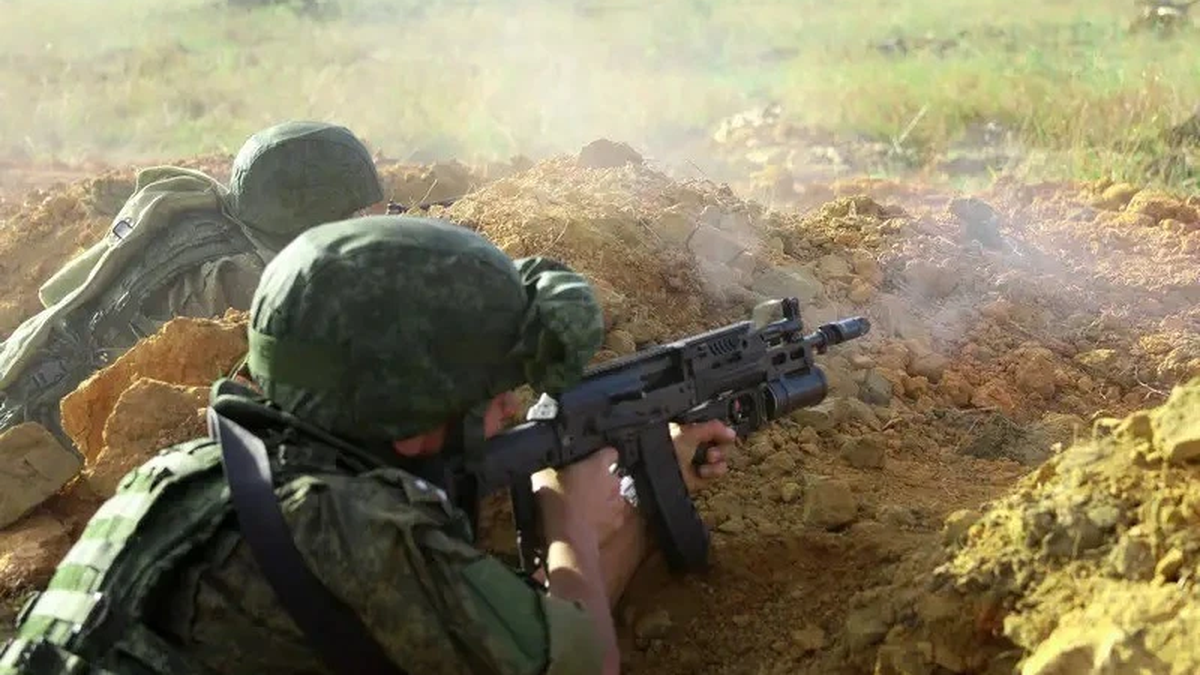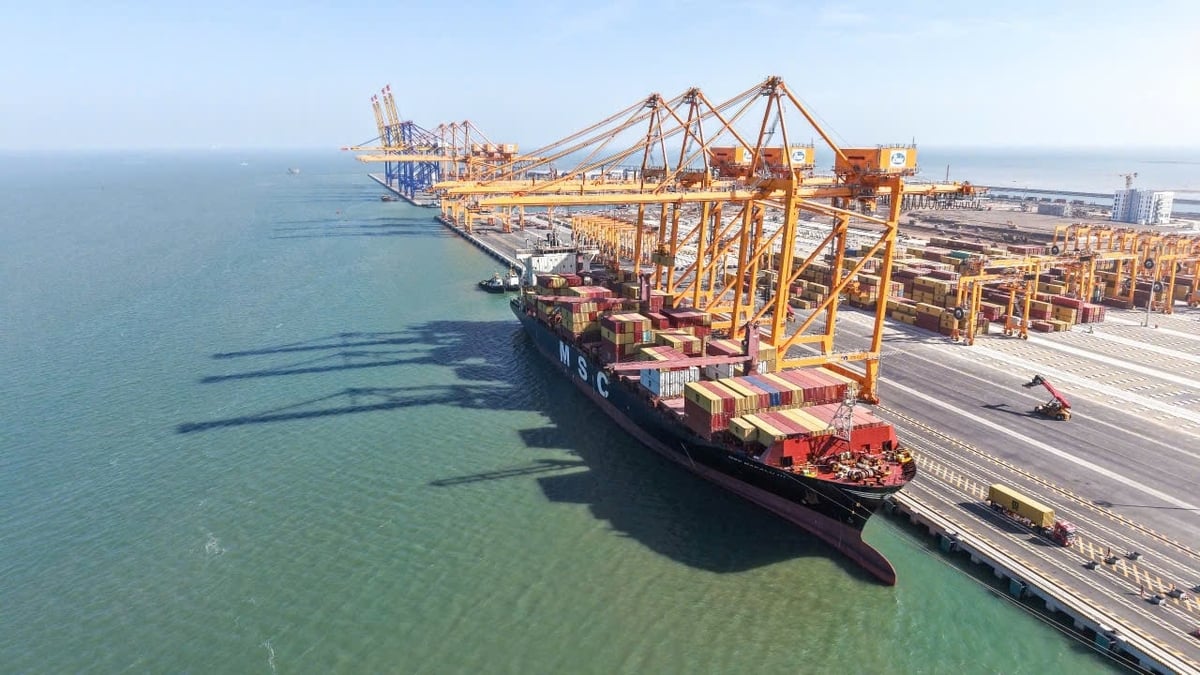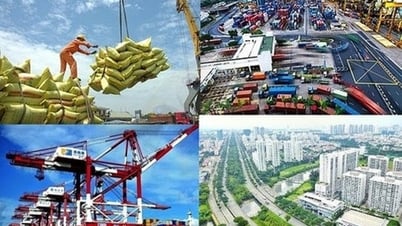 |
| Russia to boost oil drilling in 2023 |
The boom in drilling activity coincided with a recovery in both the volume and value of Russian oil exports.
According to data collected by Bloomberg , in the first 11 months of 2023, Russia drilled oil production wells with a total depth of 28,100 km, marking a new record for the country.
Oil drilling boom
The boom in drilling — against a backdrop of relatively stable production — also signals some long-term problems that may be brewing for the country’s oil industry. Perhaps the industry is working harder to maintain output from its oldest wells.
The increase comes despite Western pressure on Russia’s energy sector, which is seen as a key source of funding for the Kremlin’s military campaign in Ukraine. Oil has been the target of sanctions from the US and its allies, ranging from import bans, price caps and bans on technology exports.
Last year, the US sanctioned dozens of Russian companies that manufacture drilling equipment and develop new production techniques, aiming to “limit future drilling capabilities.” Meanwhile, in 2022, the European Union (EU) also imposed “comprehensive export restrictions on equipment, technology and services for the energy sector in Russia.”
Two of the world's largest oilfield services providers - Halliburton and Baker Hughes - have officially sold their offices in Russia and withdrawn from the market.
However, the data shows that these restrictions have largely failed.
“Only about 15% of Russia’s domestic drilling market relies on technology from unfriendly countries,” said Daria Melnik, vice president for exploration and production at Oslo-based research firm Rystad Energy A/S.
The withdrawal of major Western oil and gas service companies from Moscow has had minimal impact as their local subsidiaries continue to operate normally.
Russia's exploration drilling pace has also recovered growth after a decline due to the Covid-19 pandemic, although it remains below its 2019 peak, Bloomberg reported, citing industry data.
“In times of crisis, when companies have to optimize their investment budgets, high-risk projects (including exploration) are cut,” stressed Daria Melnik, senior analyst at Rystad Energy, an independent research firm that advises investors.
A word of warning
The boom in drilling activity is a sign of Russia's resilience to Western energy sanctions, but the pace of activity also carries a warning.
In the past, the country’s drilling activity has largely been in sync with changes in production. However, in 2023, the drilling boom coincided with production cuts — something Moscow has done together with the Organization of the Petroleum Exporting Countries (OPEC).
“New wells are only brought into operation when existing producing fields are depleted,” said Gennadii Masakov, director of the research center at Ykov & Partner.
According to a research report by the Oxford Institute for Energy Studies, as of 2022, Russia's oil fields that have been operating for more than five years will account for nearly 96% of the country's total oil production.
Sergey Vakulenko, a veteran of the Russian oil drilling industry, said that the natural decline in oil field production is a problem that the Russian oil and gas industry faces on a regular basis. This situation needs to be compensated by new drilling at existing fields or at completely new locations.
“New oilfield projects planned after the Russia-Ukraine conflict often use Western technology. Therefore, Russia needs to adjust to the technologies it has at its disposal,” he said. Moscow’s oil industry may have to deploy wells using simpler technology.
This will make oil wells less productive and cost more to produce per barrel of oil.”
Gently overcome punishment
Russia's position in the global oil market will remain largely undiminished until 2024 - despite a "storm" of Western sanctions, experts say.
The Kremlin's "counter-offensive" strategy to divert oil shipments from Europe to Asia has been widely considered successful. It has helped maintain Russia's market position as the world's third-largest oil producer (after the United States and Saudi Arabia) and second-largest exporter.
In late December 2023, Russian Deputy Prime Minister Alexander Novak shared that Moscow's main partners are China, whose market share has increased to about 45-50%. Of course, there is also India. In two years, the total market share supplied to India has reached 40%.
The Deputy Prime Minister added that Russia's crude oil export market share to Europe has decreased from about 40-45% to only about 4-5%.
"Russia's oil production will not be disrupted, except for temporary setbacks immediately after the West imposes sanctions in the first and second quarters of 2022," he affirmed.
Source




































































![[Photo] National Assembly Chairman Tran Thanh Man receives Chairman of Morocco-Vietnam Friendship Association](https://vphoto.vietnam.vn/thumb/402x226/vietnam/resource/IMAGE/2025/7/26/b5fb486562044db9a5e95efb6dc6a263)

































Comment (0)